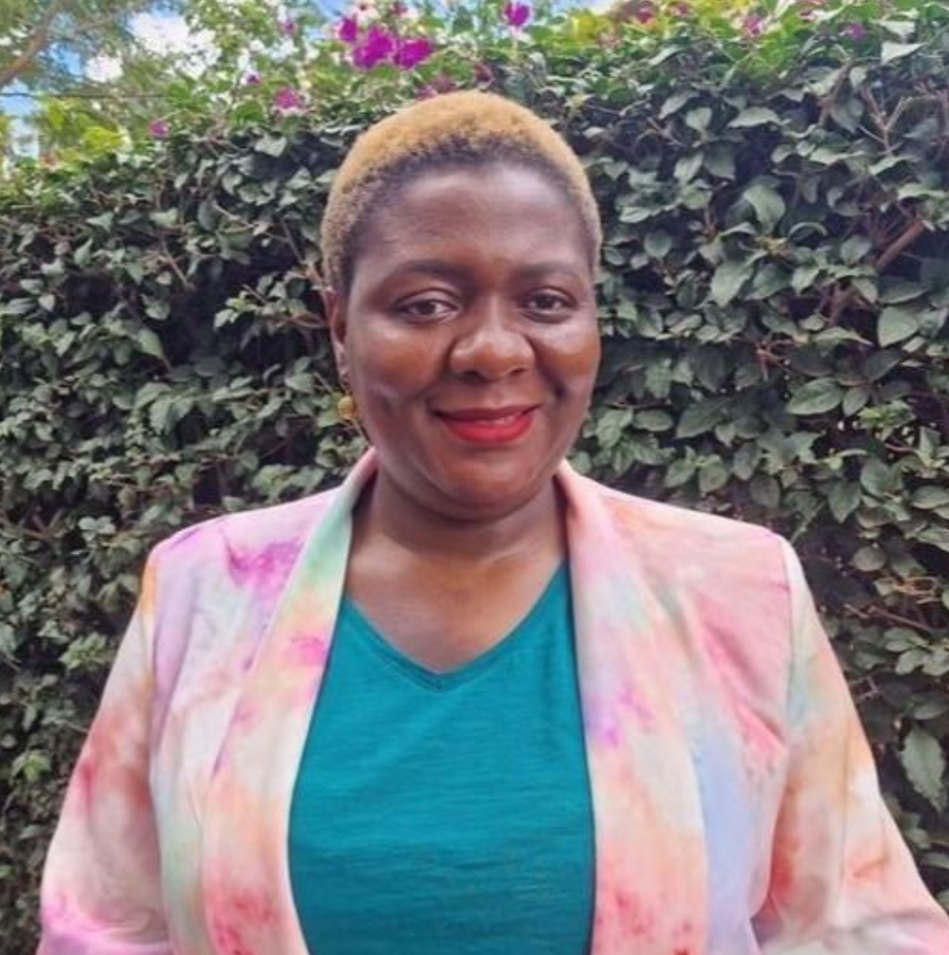‘Why Africa Should Prioritize Gender-Responsive Climate Solutions’
Ahead of COP29 slated for Nov 11-22, 2024 in Baku, Azerbaijan, Senior Gender Specialist at the Consultative Group on International Agricultural Research (CGIAR) Dr Eileen Nchanji, said Africa should prioritize the implementation of gender-responsive climate solutions noting that there will be no climate justice without gender equality.

Dr Nchanji made the assertion while speaking at the first of two virtual climate change media cafés christened The Road to Baku 2024 i.e the 2024 United Nations Climate Change Conference of Parties (UNFCCC COP29) – slated for Baku, Azerbaijan from 11—22 November 2024 – organized by the Media for Environment, Science, Health and Agriculture (MESHA), the Consultative Group on International Agricultural Research (CGIAR) and the International Livestock Research Institute (ILRI).
Dr Nchanji said it is high time for Africa to identify and prioritize specific gender-related climate issues by putting in place sustainable generational solutions.
“We have to act on our lived experiences because what works for Europe might not work for Africa. Our gender issues involve getting men and women on the table, having their voices heard, and having working policies that are being implemented not just mentioning gender (men, women, and youth), but with action points and measured impacts. At CGIAR, we are creating that change by co-designing information and co-developing innovations with farmers for them to have what they want and use for sustainable impacts.”
Dr Nchanji said despite agroecology being touted for adaptation and building resilience to the effects of climate change, gender implications should be addressed through fostering synergy, inclusion and equitable distribution and the use of technologies.
“The question should be how should we customize technologies, innovations, and information to meet the needs of different people (men, women, and youth) that are vulnerable to the effects of climate change. We have looked at carbon markets from the angle of addressing women and girls’ burden of long walks to get water and firewood. We have to move from carbon emissions to look at opportunities in the circular economy (green economy) where women are largely involved on a small scale due to a lack of finances and mentorship. These are some of the areas that we have to bring up at COP29,” she said.
The UN Women 2024 Gender Snapshot shows that by 2050, climate change may push up to 158 million more women and girls into extreme poverty (living under $2.15 per day), 16 million more than men and boys. At higher poverty thresholds, the total number of women and girls reaches 310 million (living under $3.65 per day).
In her remarks, ActionAid Country Manager for Kenya, Susan Otieno, described conflict and climate change in Africa as human-induced challenges that needed to be addressed through human actions such as agroecology, which provides an opportunity to transition from food insecurity to food security, reduced poverty and improved resilience to climate change.
“African countries have made a bold step by adopting agroecology in their national agricultural framework as a solution for transforming the agricultural and food systems as we work towards the commitments of the UN’s Sustainable Development Goals (SDGs) and the African Union’s Agenda 2063 more effectively,” she said.
However, Otieno challenged the journalists to advance narratives that question Africa’s natural resources being targeted for carbon solutions and the push for the continent to stay green.
“There are issues to be argued on such as the rich countries hardly paying a fair share for environmental injustice—the United States of America continually appeared to be sabotaging the talks of reparation. There is a focus on the supply of clean air versus poor African countries struggling to produce enough food. We should push for climate justice conversation to start addressing the top priorities of African economies,” she said.
His presentation on equipping journalists with techniques for covering gender and climate issues, Kenya’s Nation Media Group climate health journalist, Leon Lidigu, encouraged journalists to always strive to strike a balance in their reporting by addressing stereotypes, noting that women, the physically challenged and youth are equally smart to deliberate on African climate change-related issues.
“You should report Africa’s climate story right by painting an accurate picture with your story. This will make it relevant to most ordinary people and make them begin to care about climate change. Be gender-sensitive by including women in the stories because they are equally endowed and have the expertise. Do not only look for male sources when reporting at COP29,” he said.
















